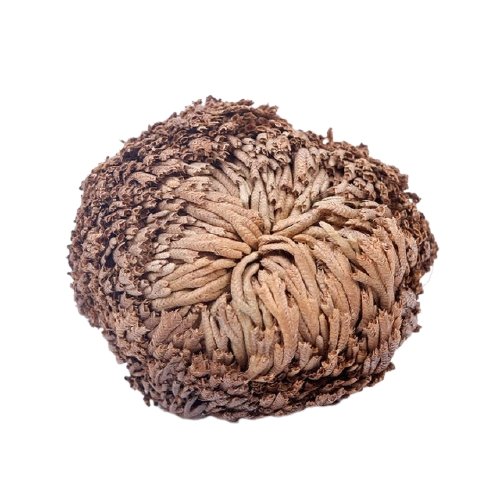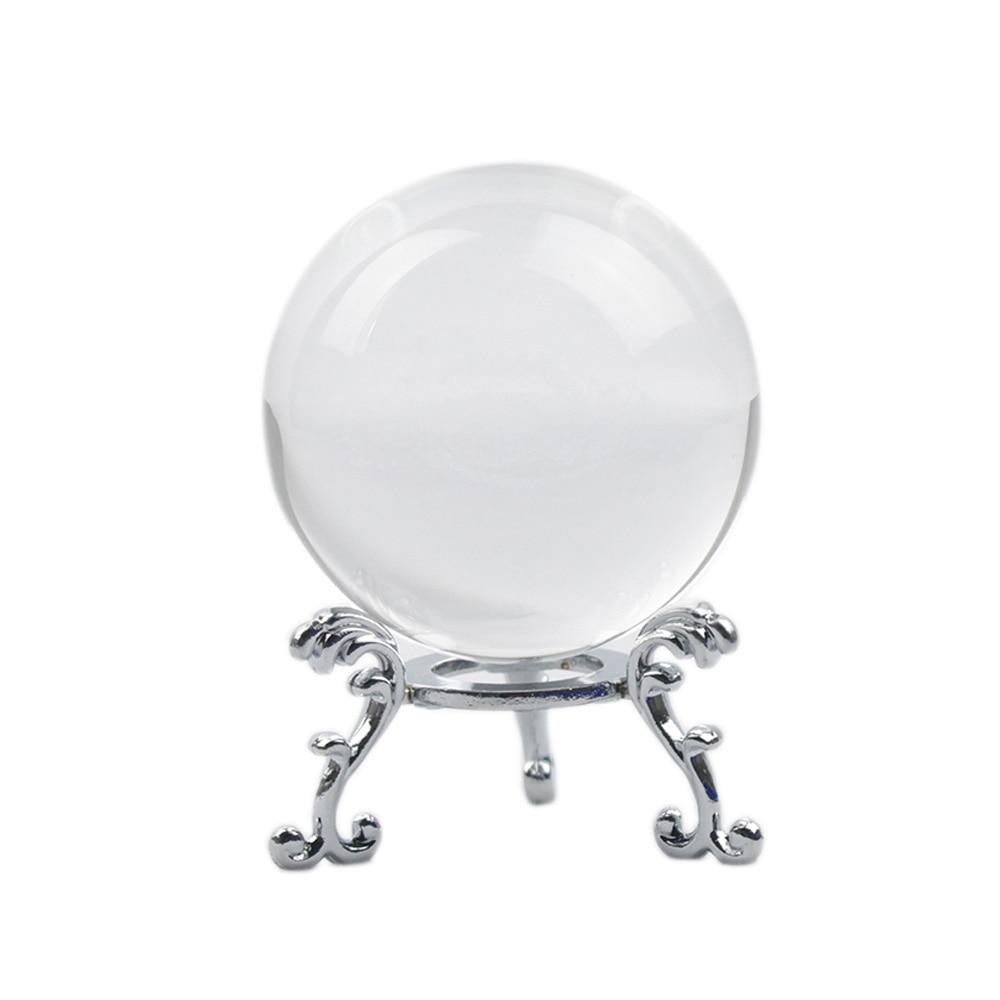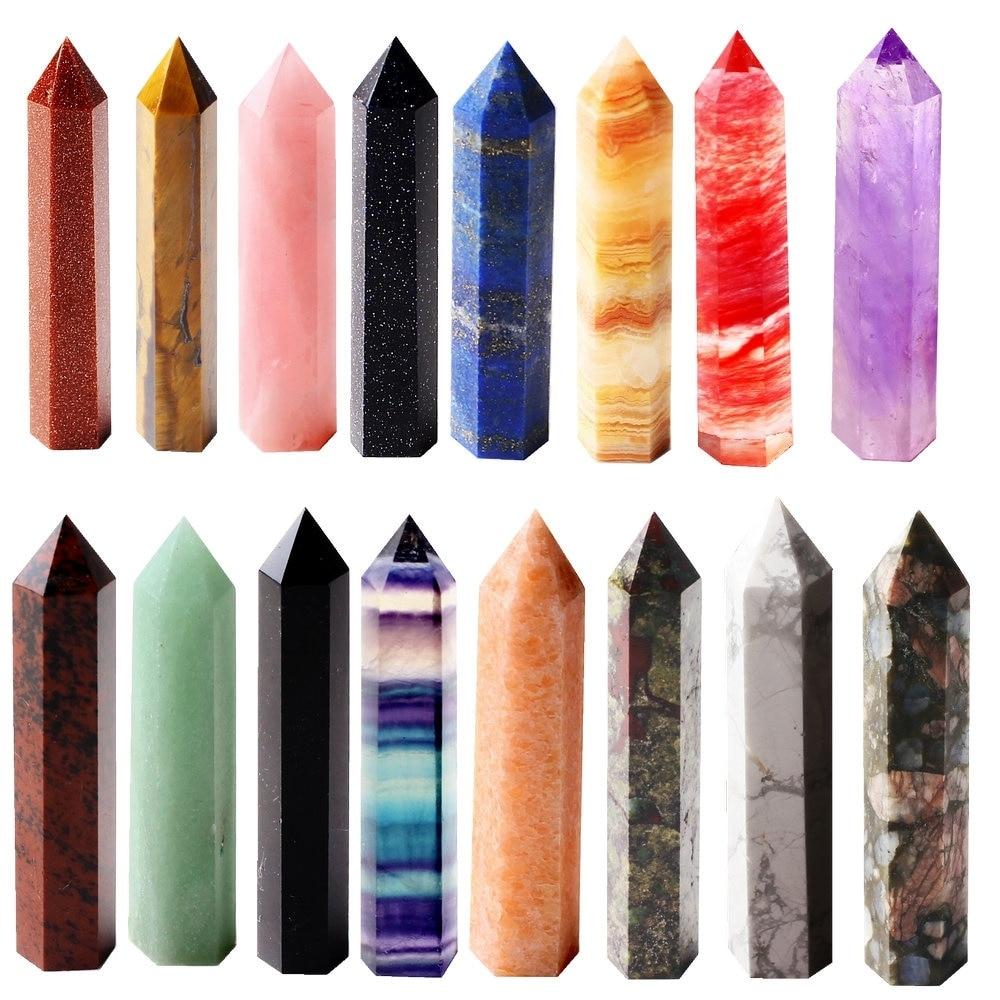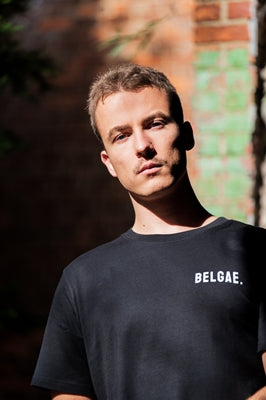Secrets of Greek Magic (Spirituality, Symbols, History)
Greek magic, or theurgy, is an ancestral practice dating back more than 4,000 years. It fascinates and attracts followers who seek to understand the mystery surrounding this ancient esotericism. Theurgy is characterized by the use of rituals to summon spiritual creatures so that they can help humans achieve a higher state of consciousness.
This form of esotericism allows practitioners to increase their psychic and spiritual abilities by using magic to modify their perception of the physical and emotional world around them.
Contents :
2. What type of wizard practiced Greek magic?
3. Written/historical traces of Greek magic
4. Hecate, divinity of Greek magic
8. Potions, spells and natural remedies

The basics of Greek magic
Greek magic is an ancient and influential esoteric practice. It dates back to ancient Greece, where it was an integral part of religion and popular beliefs. Greek magic combines ritual, symbols, divination and natural ingredients to create an interconnected whole between human beings, gods and the cosmos.
Practitioners use these connections to attract positive energies or repel negative ones in order to influence their reality.
Indeed, they believe that everything is connected to each other — which gives people the opportunity to control their destinies by manipulating this spiritual connection with the help of ancient Greek magic.

What type of wizard practiced Greek magic?
In ancient Greece, people who practiced magic were called "poets" or "mages." They considered themselves experts in communicating with the supernatural world and were well versed in the Greek pantheon and its spells and rituals associated with each deity.
There were two main types of mages: those who used their powers for beneficial purposes (healing for example) were called "pharmacy"; while those whose intention was malicious (casting a spell, among other things) were called “magic”.
Written/historical traces of Greek magic
Greek magic is well documented in ancient texts. Works like Ovid's Snowbound, Apuleius's Metamorphoses, and even some of Plato's dialogues refer to specific magical practices.
Additionally, there is archaeological evidence that the Greeks used rituals and amulets to attract good luck or protect themselves from evil. These artifacts show the importance that this practice once gave to the Greeks.

Hecate, divinity of Greek magic
Hecate was one of many deities worshiped in ancient Greece. It symbolized witchcraft and everything associated with it. His depiction usually included three faces or an owl on his shoulder: two key symbols linked to his connection with the supernatural world.
As the patron goddess of the magi, Hecate enjoyed great respect among Greek magical practitioners. They called on her for assistance, protection and guidance during their rituals or to gain insight into the future.

Symbol #1: the caduceus
The Caduceus is an important symbol in the practice of Greek magic. It generally represents a staff surrounded by two coiled snakes and topped with wings. This symbol is associated with Hermes, the messenger of the gods.
In Greek magic, the caduceus symbolizes the opposition between masculine and feminine forces, as well as light/shadow and good/evil. It also means that the sorcerer can access the divine plane to communicate with the gods.
The caduceus therefore symbolizes the harmony of oppositions which characterizes magical practice in ancient Greece: an ability to navigate between different worlds and to dialogue with higher powers.
Symbol #2: the owl
In ancient Greece, the owl was a sacred animal. She played an important role in the world of Greek magic and was considered a source of wisdom and clairvoyance. Practitioners used feathers or images representing this nocturnal bird to enhance their divinatory abilities.
The connection between the owl and Hecate strengthened its connection to occult mysteries. This explains why it is always associated with the supernatural in ancient times and still to this day. The owl therefore remains a very powerful symbol, which evokes ancient magical powers in the eyes of the Greeks, both ancient and modern.

Divination in Greek magic
Divination was a fundamental part of Greek magical rituals. Mages used different methods to get answers to their questions and predict the future.
The use of oracles, such as the famous one at Delphi dedicated to Apollo, is a common practice. In some cases, they examined natural signs such as the flight of birds or the movements of the stars. They also examined the entrails of sacrificed animals to gather more information about the future.

Potions, spells and natural remedies
Greek magic involved potions, spells, and natural remedies to cure physical or emotional illnesses. Mages used medicinal herbs, essential oils and minerals to create their magical practices. These alternative remedies sought to restore harmony between body and mind by harnessing the power of nature.
This form of alternative medicine aimed to restore harmony between body and mind through the healing power of Nature itself. The mage used medicinal herbs, essential oils and/or certain minerals to concoct his magical gifts for thaumaturgical purposes.
Initiations, Pythagoras and mystery cults
Greek magic included a system of initiation for beginning sorcerers. These initiations were often secret and involved rituals as well as apprenticeship under the guidance of an experienced master. Pythagoras founded an initiatory community based on his philosophical and esoteric beliefs. Mystery cults were very popular in ancient Greece and offered followers an intense spiritual experience through their active participation in sacred rites.
Greek magic practices included an initiatory system for new wizards, which involved secret rituals as well as learning under the tutelage of a qualified mentor. The philosopher Pythagoras founded a community based on his personal philosophy, but also his esotericism, while mystery cults were widespread in ancient Greece, offering disciples a profound spiritual experience through their active participation in sacrilegious ritual.

Conclusion: Greek magic today?
Greek magic is an esoteric practice that continues to exert its influence on modern beliefs. The symbols and rituals associated with this tradition are still used by practitioners seeking to connect to the energies of the ancient gods. It reminds us that our reality depends on our intentions and actions, while emphasizing the importance of respect for nature.
Exploring Greek magic can be an enriching experience for those who wish to deepen their understanding of the occult world. Whether you're interested in divination, potions, or simply curious about an ancient spiritual system, you'll definitely find something intriguing here!
Furthermore, this system offers a unique perspective on the spiritual world and the interconnection between all things. Greek magic shows us how to leverage our conscious choices to create our own destiny!
Lucky charm featured in this article

Dried Rose of Jericho
See more
White Sage
See more
Crystal Ball
See more
Crystal Obelisk
See more


